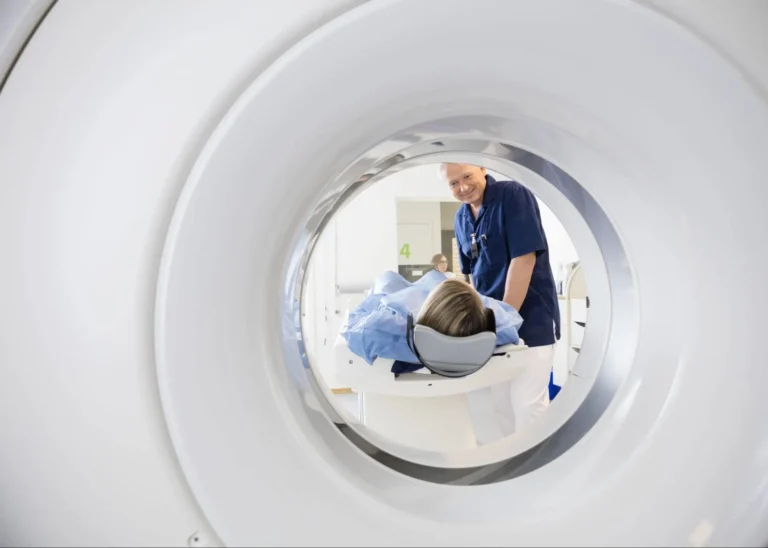How Physician Assistants Improve Access to Neurological Care

From long wait times to limited specialists in certain areas, these obstacles can delay key diagnoses and treatment in neurological care. Physician assistants (PAs) address these barriers. Their expertise and flexibility significantly enhance access to neurological care, offering patients timely and effective treatment. Here is more information on these healthcare providers, what they do, and what neurological care entails:
What Is a Physician Assistant?
A physician assistant is a licensed medical professional trained to diagnose and treat various medical conditions under the supervision of a physician. PAs complete rigorous education, and, while they are not doctors, have advanced knowledge and training that allow them to take on substantial responsibilities in patient care. PAs are versatile professionals who work in various medical specialties, such as neurology. Their adaptability enables them to seamlessly integrate into medical teams and meet the unique needs of their patients.
What Services Do They Provide?
Within neurology, PAs play a beneficial role in diagnosing and managing a wide array of neurological conditions. They obtain detailed patient histories, conduct physical and neurological examinations, and review test results to diagnose and treat patients effectively. Based on their findings, they help identify conditions like migraines, epilepsy, sleep disorders, and alzheimers.
PAs also educate patients about their conditions and treatment plans. They may explain complex medical terms and procedures in understandable ways, helping patients to be informed about their care. PAs also assist in creating and implementing personalized management plans, which may include medications, lifestyle changes, or advanced treatments.
These healthcare professionals perform follow-up visits, monitor patients’ progress, and adjust treatment plans as needed. They may coordinate with other healthcare providers to maintain a comprehensive approach to care. This level of involvement helps support patients throughout their neurological treatment.
What Is Involved in Neurological Care?
Neurological care focuses on diagnosing and treating disorders of the brain, nerves, and spinal cord. Neurological teams evaluate symptoms such as chronic headaches, numbness, muscle weakness, tremors, balance issues, and cognitive changes. The process typically begins with a detailed medical history and neurological examination to assess symptoms and identify potential issues.
Diagnosis may require advanced testing, including imaging studies and laboratory tests to rule out other potential conditions. Once a diagnosis is made, tailored treatments are developed to address the specific condition. Treatment may involve medications to manage symptoms or surgical interventions in certain cases. Regular monitoring and follow-ups are an integral part of neurological care, enabling the tracking of progress and making adjustments as needed.
How Do PAs Improve Access?
Physician assistants contribute significantly to improving access by increasing the number of professionals available to provide care. Healthcare facilities with PAs can handle more patients, reduce waiting times, and expand the reach of neurological services. This is particularly beneficial in rural or underserved areas, where specialists may be scarce.
PAs in neurology can manage routine and follow-up appointments, freeing neurologists to focus on more complex cases. The versatility of PAs also enables them to address a wide range of patient needs. From preventive care to acute management, they offer a comprehensive range of services. Their ability to spend time educating patients further enhances the patient experience, fostering better health outcomes.
Seek Neurological Care Now
Neurological conditions require prompt attention and expert management. With physician assistants providing care in neurology, patients have greater access to quality care. Their expertise, coupled with their focus on patient education and personalized treatment, makes them invaluable to neurological care teams. If you or someone you know is experiencing neurological symptoms, consult a qualified medical team today.
- What to Expect When Visiting a Foot and Ankle Specialist
- Causes of PTSD
- The Link Between Plantar Fasciitis and Weight Gain: What You Need to Know
- How Pet Ownership Can Positively Impact Life with Fibromyalgia
- The Importance of Stretching and Flexibility in Sports Medicine
Dr. Emma Green is a health and wellness expert with over 10 years of experience in nutrition and fitness. Passionate about helping others live their healthiest lives, Dr. Green shares practical advice on wellness, nutrition, and sustainable living through LivingSpristine.






